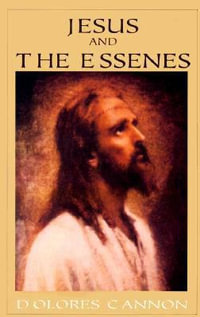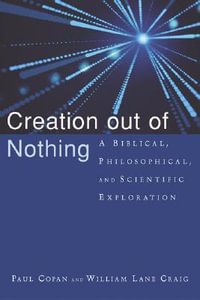It is my privilege to commend this helpful and readable work. Communicating clearly and logically developing observations from African life and the biblical text, Elizabeth Mburu articulates a sound and fruitful African hermeneutic. She skilfully compares African and biblical worldviews, offering foundations for contextualization in a way that brings together the interpretive horizons. She also draws on the most useful, proven approaches, such as attention to genre, narrative development, and historical context.
Craig S. Keener, PhD
F. M. and Ada Thompson Professor of Biblical Studies,
Asbury Theological Seminary, Wilmore, Kentucky, USA
African Christianity has often been described as a “mile long and an inch deep,” “Sunday Christianity,” “Shallow Christianity,” “syncretized Christianity,” etc. The author of this exciting book, African Hermeneutics, has aptly referred to African Christianity as “dichotomized Christianity.” To remove this split Christianity, Mburu proposes that African Christians must contextualize the interpretation of the Bible by using known African categories of interpretation. Her proposal is new, fresh, engaging and potentially revolutionary and paradigmatic. In my mind, this is a mustread for all African theological educators, missionaries, students and pastors.
Samuel Waje Kunhiyop, PhD
General Secretary of ECWA (Evangelical Church Willing All)
Author, African Christian Theology
African Hermeneutics by Professor Elizabeth Mburu is a comprehensive masterpiece in modern African biblical scholarship. It is broad, insightful, refreshing, innovative, creative, contextual and critical as it makes the African worldview central to making hermeneutics a biblical science relevant to Africa. The choice of “African worldview” as a worthy tool in biblical interpretation was deliberate, because of its value and significance in creating new biblical and contextual hermeneutics and interpretations. This new method will certainly become a sought-after model of biblical hermeneutics and African biblical interpretation. To this end, this book provides a fodder to enrich biblical and theological discourse in Africa.
Mburu has demonstrated that even as a young biblical scholar, she can use her new, emerging, creative and innovative hermeneutical skills, criticisms and scholarship to rejuvenate and impact contemporary biblical scholarship. This new book will certainly redirect the course of biblical scholarship, especially in Africa, where this new approach will resonate with African emphasis upon the traditional value of storytelling as a sure and valid tool of biblical interpretation. This book in the course of time will certainly mark out Elizabeth Mburu as an outstanding African biblical scholar in the making. Her commendable scholarship should encourage and motivate younger African scholars to aspire to greater heights in biblical and theological scholarship.
Yusufu Turaki, PhD
Professor of Theology and Social Ethics,
ECWA Theological Seminary, Jos, Nigeria
Elizabeth Mburu lays down principles for a four-legged stool model of an intercultural biblical hermeneutics in Africa and applies it to both Old Testament and New Testament texts. Her contribution deserves close attention from any reader who is interested in the development of intercultural hermeneutics in Africa.
Jean-Claude Loba-Mkole, PhD
United Bible Societies, Kenya
University of the Free State,
Bloemfontein, South Africa

























